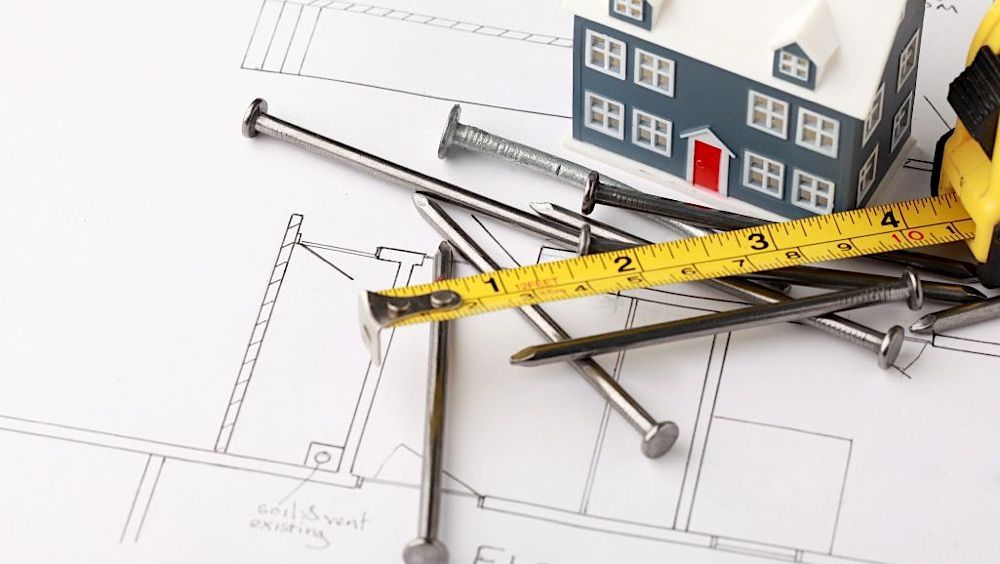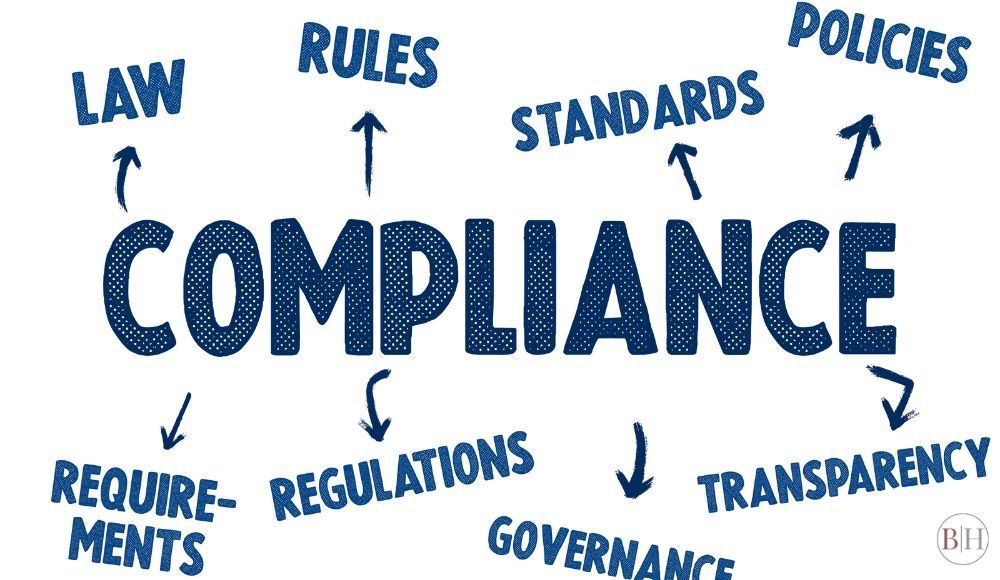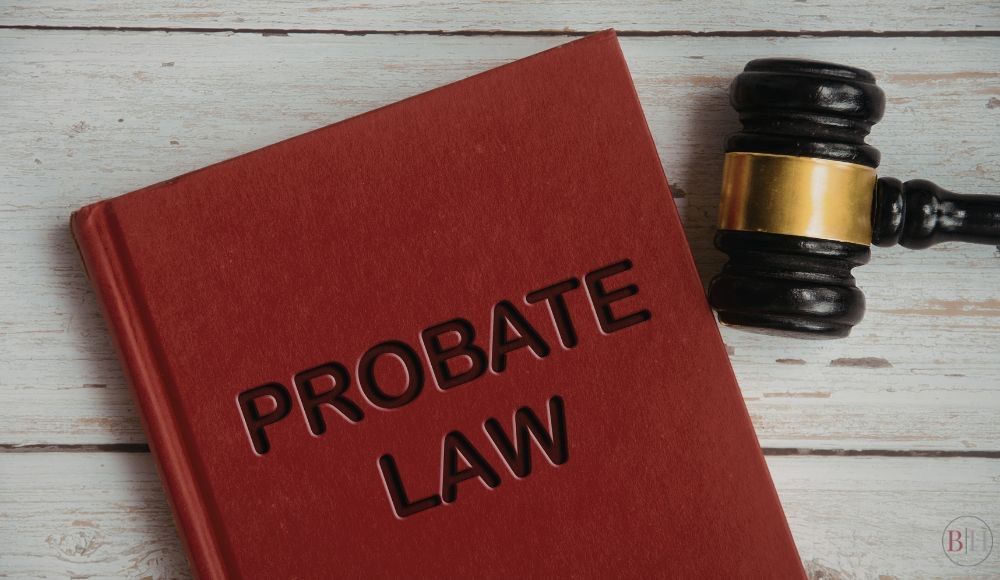4 Notable Points About Zoning Laws

Zoning laws in Pennsylvania can be complicated; however, the experienced Zoning Attorneys at Bingaman Hess can provide legal counsel regarding zoning and land use ordinances and help resolve zoning issues.
What Are Zoning Ordinances?
Generally, zoning ordinances are created by municipalities to control the developmental and operational use of land within that municipality. Zoning ordinances govern how land can be used – residential, industrial, commercial, agricultural, historic, etc.
According to Pennsylvania law, zoning ordinances may be designed to accomplish specific goals including but not limited to:
- Promote, protect and facilitate public health and safety
- Preserve the natural, scenic, and historical values in the environment and the preservation of forests, wetlands, aquifers, and floodplains
- Prevent overcrowding, blight, danger and traffic congestion
- Preserve prime agriculture and farmland
- Accommodate reasonable overall community growth, including population and employment growth, and opportunities for the development of a variety of residential dwelling types and nonresidential uses
Individuals, businesses, and other entities must adhere to local zoning ordinances or citations may be issued against them. It is always best to consult an experienced zoning attorney before starting any major building project, renovation, etc.
4 Notable Points About Zoning Laws
- Nonconforming Use
A nonconforming use often refers to an exemption for an existing property. That property is not required to abide by newly enacted zoning laws, Cornell Law School explains. A nonconforming use comes with limitations. Often, a nonconforming property may not expand its nonconforming use in any way or change the property use at all unless it conforms with new zoning regulations. In some circumstances, the nonconforming use may only be granted for a limited amount of time, setting a deadline for the property to meet the new requirements.
- Zoning Changes
A municipality can change its zoning ordinances, which can affect land use, property values, and the environment. A dispute may occur if a property owner disagrees with the proposed changes or how the changes are implemented.
- Variances
A variance allows a property owner to deviate from an existing zoning requirement. A variance can be difficult to obtain depending on the circumstances. Variance requests are heard by a zoning hearing board upon application of the property owner. An example of a use variance is a coffee shop, a commercial use, located on a residential property. Neighboring property owners are notified about variance requests and they can oppose them.
- Violation of Setback Ordinance
A setback is a minimum distance that a building or structure can be built from a property line, street, road, or other place as determined by a municipality. There are both aesthetic and functional benefits to setback ordinances. A violation occurs when a property owner builds a structure within that minimum distance. Unless relief is granted, a property owner may be required to move or reconfigure the structure, which can be costly.
Choosing the Right Zoning Law Attorney
If you need to file a zoning appeal or need to challenge an issued citation, the municipal attorneys at Bingaman Hess can help. They have extensive experience in many complex municipal and zoning laws and regulations and can provide a full range of municipal legal services. The municipal law attorneys at Bingaman Hess can provide ongoing legal counsel or help with a specific legal issue.
Call our municipal attorneys today at 610.374.8377 or find us online.









